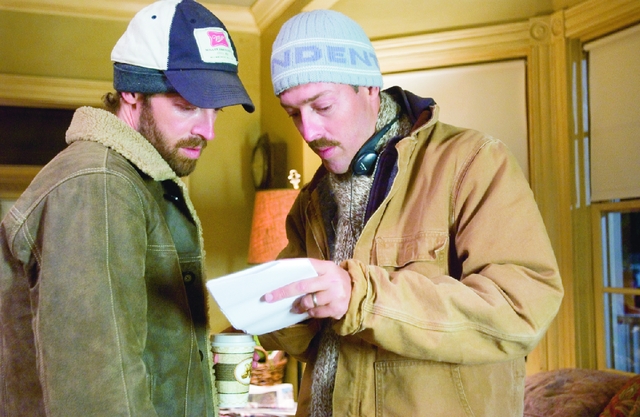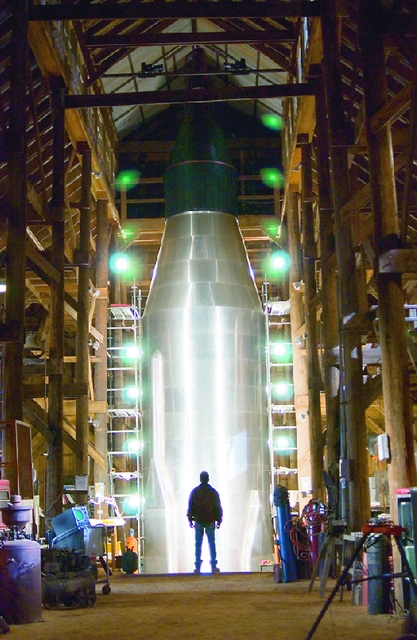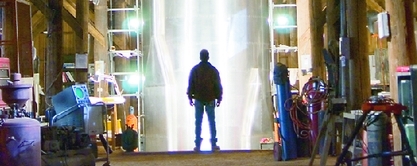Prepare To Launch
An Interview With The Writer, Producer And Star Of The Astronaut Farmer


That’s a big rocket

Latest Article|September 3, 2020|Free
::Making Grown Men Cry Since 1992


That’s a big rocket
